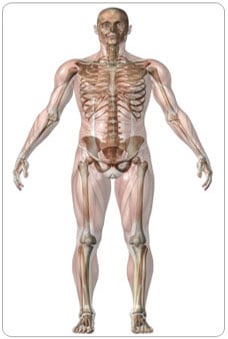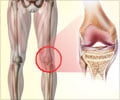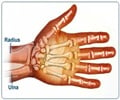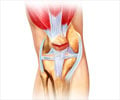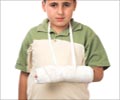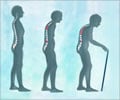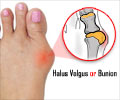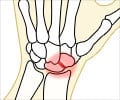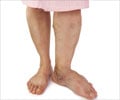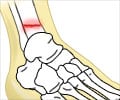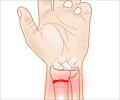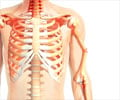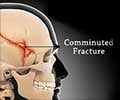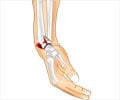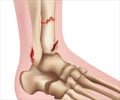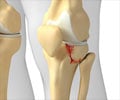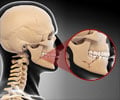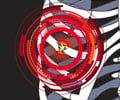Frequently Asked Questions
1. What first aid should be administered to a patient with fracture?If a person is suspected of having a fracture, the following measures should be undertaken -
- Try to maintain the patient still and composed. Prevent unnecessary movement arising out of anxiety or fear.
- Examine the person closely for the presence of other injuries and call for medical help. If medical help is quickly available, hand over the patient to them for further treatment.
- If there is a break in the skin surface, it can be rinsed to remove any visible dirt or other potential contamination. However, vigorous flushing or scrubbing of the wound should be avoided.
- The broken bones can be immobilized with either a splint or string. Rolls of newspaper or strips of wood can be used. It is important to immobilize the area both above and below the injured bone.
- Ice packs can be applied to reduce pain and swelling (not to be placed directly over the wound).
- DO NOT move the person if a head, neck, or back injury is suspected as this can worsen the injury, leading to life threatening complications.
2. What are the complications of fracture?
Possible complications of fracture include -- Malunion i.e. the fracture heals in the wrong position.
- Sometimes the normal development of that bone may be affected, thus raising the risk of a subsequent deformity.
- Bone or bone marrow infection (osteomyelitis).
- Bone death (avascular necrosis) - if the bone loses its blood supply, it may die.
3. How can fractures be prevented?
Prevention of fractures -- It is always advisable to wear protection while participating in adventurous activities/driving. The protection can be in the form of helmets, elbow pads, knee pads, and shin pads.
- The first and foremost thing to prevent fractures is to ensure a safe atmosphere. Stairways should be gated if possible. Any liquid spilled should be swabbed and the area must be wiped dry.
- The use of handrails on staircases and non-skid mats near bathrooms and other places is recommended. This is especially valuable in a house with elders.
- Teach children regarding safety and supervise them carefully. There is no substitute for supervision, no matter how safe the environment or situation appears to be.
- Prevent falls by not standing on chairs, counter tops, or other unstable objects.
Advertisement
4. When should one call for emergency help?
Fracture is not a life-threatening condition. However, it is advisable to call an ambulance for emergency medical help under the following circumstances as fracture requires appropriate and immediate medical attention.- Possibility or suspicion of fracture involving the head, neck, back, hip, upper leg or pelvis.
- Inability to completely immobilize the fractured area.
- Presence of severe bleeding associated with the injury.
- Lack of blood circulation in the affected area.
- Projection of bone through the skin surface.

